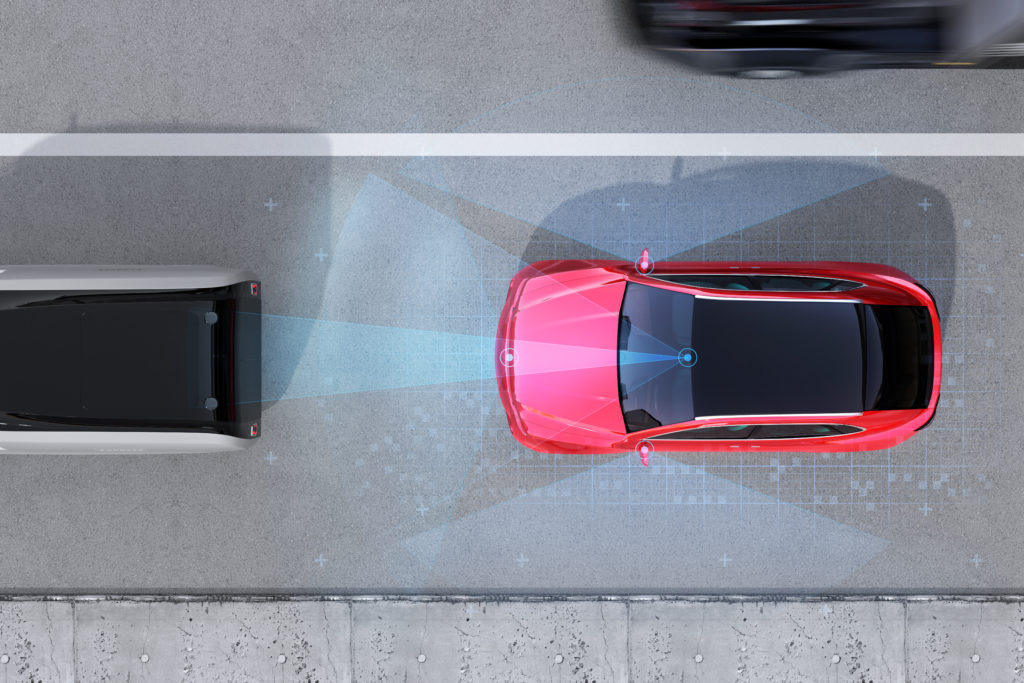The U.S. House of Representatives is once again considering a bill that would boost autonomous vehicle access throughout the United States. The Safely Ensuring Lives Future Deployment and Research in Vehicle Evolution (SELF DRIVE) Act was recently introduced by Representative Bob Latta of Ohio and will work to implement federal standards that would help deploy autonomous vehicle service through a variety of industries and agencies.
In recent congressional sessions, Latta has brought up the importance of this potential legislation.
“Self-driving cars have the potential to reduce traffic accidents and deaths, increase mobility, and improve quality of life,” Latta said during the session, “Autonomous vehicle technology can protect millions of Americans, while at the same time, providing seniors and those living with disabilities a way to live their [lives] outside of their homes.”
To make this a viable option, Latta explained that a federal standard framework is the key.
“In order for the United States to lead on this cutting-edge technology, we need a framework that allows industry to innovate while ensuring high safety standards,” he continued. “I urge my colleagues in the House and Senate to work with me on this bill to better ensure that all Americans are safer while on the road and have increased access to mobility.”
In an effort to boost the development, testing, and implementation of autonomous vehicle technology, the National Highway Traffic Safety Administration has made it a priority to focus on this legislation. Luckily, the SELF DRIVE Act has, thanks to transportation policy advancement through Congress, been receiving strong backing from lawmakers throughout the country.
“Recent developments in autonomous vehicle technology have prompted the real need for a national [autonomous vehicle] standard to ensure passenger safety and incentivize continued investment in driverless capabilities,” explained Representative Fred Upton of Michigan. “As the auto capital of our nation, Michigan will play a pivotal role in deploying driverless vehicles and propelling our autonomous fleets into the future.”
Upton also urged Congress to finally implement a federal standard for this kind of technology.
“This critical technology requires a clear national standard, and I look forward to working with my colleagues to set up the necessary infrastructure to continue this important work,” he added.
The legislation’s backers have widely consisted of autonomous vehicle tech supporters throughout the industry, such as Ariel Wolf, who currently serves as General Counsel for the Self-Driving Coalition. Wolf noted the benefits of dedication from policymakers on this subject, and their “continued commitment to autonomous vehicles as a transformative technology that will dramatically improve safety, enhance mobility, and spur economic growth.”
Wolf said this kind of support will change the transportation industry for good–a change that has been long-needed.
“Federal policies that encourage AV development with clear federal and state roles while promoting and protecting American innovation can help to revolutionize how passengers and goods are transported,” he continued. “We encourage Congress to quickly provide a federal framework that can accelerate the deployment of AVs on U.S. roads.”
In fact, autonomous vehicle tech may be able to transform the United States’ entire mobility landscape as we know it, according to Senators Gary Peters of Michigan and John Thune of South Dakota (who co-authored recent autonomous vehicle-related Senate legislation). The tech could indeed change the ways in which drivers obtain connectivity resources, as well as overall freight and passenger corridor access and utilization.
“One of the most important opportunities we can seize is autonomous vehicle technologies,” said Senator Peters. “We know that autonomous vehicles save lives, since 90% of accidents are caused by human error. We know that these technologies are also rapidly emerging and are already impacting the workforce.”
To catch up with other tech-forward countries, America really needs to get on board with AV, he added.
“We know that our competitors on a global stage, especially China, are recognizing the benefits of these technologies,” he explained. “And let’s be clear–let’s be absolutely clear–these technologies are coming inevitably.”

Reader Interactions